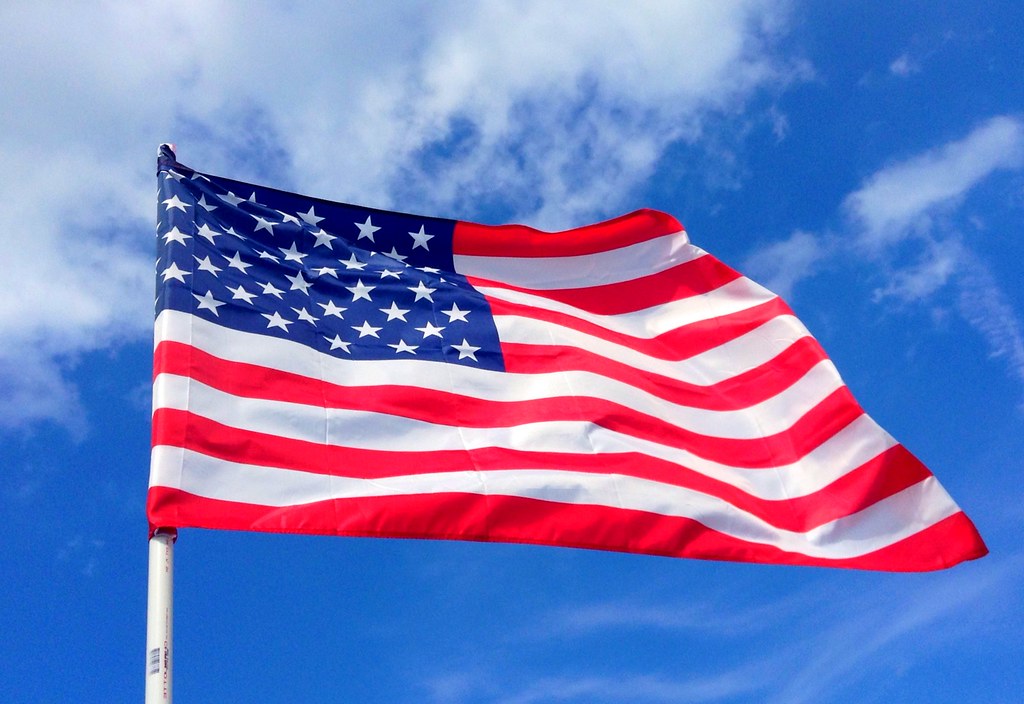Key Takeaways
• Representative Salazar openly supports a Venezuela invasion to topple Maduro.
• She accused Venezuela of sending uranium to hostile groups without evidence.
• Venezuela faces deep economic collapse and political repression under Maduro.
• The United States has long sanctioned the Maduro regime, now weighing stronger measures.
• Experts warn military action could worsen regional instability and human suffering.
Venezuela invasion endorsement sparks debate
Representative Maria Elvira Salazar publicly endorsed a Venezuela invasion on Fox Business. She praised the president’s resolve to remove Nicolás Maduro. She argued Maduro leads a transnational criminal group threatening U.S. security. Salazar claimed, without proof, that Venezuela supplies uranium to Iran, Hamas, North Korea, and Hezbollah. Her statements stirred sharp criticism and alarm from analysts on both sides of the aisle.
Venezuela invasion claims and uranium rumors
Salazar said Venezuela hides uranium reserves and ships them to terrorist groups. She offered no documentation or sources. In truth, Venezuela once explored uranium deposits with Iranian help in 2009. Yet experts find no current mining or exports of uranium from Venezuela. Despite that, Salazar insisted Venezuela “gives uranium” to hostile nations. Her claims fueled calls for more aggressive U.S. action.
Why Salazar favors a Venezuela invasion
Salazar praised the president’s vision and courage to act against Maduro. She argued Maduro is no legitimate leader. She said Venezuela is a criminal state that betrays regional peace. According to her, a military push would liberate Venezuelans and boost U.S. energy security. She stressed that Venezuela holds the world’s largest oil reserves. She predicted a “windfall” for American companies and consumers.
Venezuela’s dire reality under Maduro
Venezuela’s crisis runs deeper than any uranium claim. Hyperinflation erased citizens’ savings. Basic goods vanished from store shelves. Millions fled to neighboring countries, seeking food and work. Maduro cracked down on opposition, jailing or exiling political rivals. Critics label his elections a sham. Meanwhile, human rights groups report widespread abuses and torture. This bleak record drives some U.S. lawmakers to support tougher measures.
U.S. sanctions and military threats
For years, U.S. presidents of both parties sanctioned Venezuela’s oil sector and key officials. Yet sanctions alone failed to restore democracy. The Trump administration recently ramped up pressure. New measures target Venezuela’s gold exports and energy assets. Reports suggest possible U.S. strikes on military installations under the pretext of anti-drug operations. An outright Venezuela invasion would mark a dramatic policy shift.
Potential fallout of a Venezuela invasion
Military action carries heavy risks. First, it could push Venezuelan troops to mount fierce resistance. Second, regional allies like Cuba and Russia might respond militarily or with cyberattacks. Third, civilian casualties and refugee flows could spike dramatically. Fourth, an invasion could inflame anti-American sentiment across Latin America. Finally, it might leave the United States mired in a prolonged conflict without clear exit plans.
Critics challenge the uranium narrative
Analysts and fact-checkers highlight the lack of evidence for uranium exports. They note Venezuela has not mined uranium in years. They say Salazar’s claims echo discredited rumors that surfaced during past crises. Without proof, the allegations risk misleading the public and stoking fears. Some observers warn such rhetoric can justify unnecessary military intervention. They urge leaders to seek diplomatic and economic tools first.
Experts urge caution and multilateral action
Diplomats stress dialogue and regional cooperation over unilateral force. They suggest strengthening sanctions targeted at corrupt officials, while sparing ordinary citizens. They call for UN-mandated election supervision and humanitarian aid corridors. They argue that sustained pressure and negotiation can restore democratic processes. Moreover, they warn that rushing to a Venezuela invasion could erode U.S. credibility worldwide.
The role of Congress and public opinion
Any plan for military action requires congressional approval or a broad legal basis. Lawmakers must debate costs, goals, and exit strategies. Public opinion remains divided, as Americans worry about another foreign war. Polls show many citizens favor sanctions but oppose boots on the ground. Grassroots campaigns urge representatives to prioritize humanitarian relief over military escalation.
What comes next for Venezuela policy
The administration must decide how far to push against Maduro. It could tighten sanctions further or expand diplomatic isolation. It could support more robust regional dialogues led by Colombia or Brazil. It might propose new incentives for Venezuelan leaders to negotiate. Or it might plan covert actions targeting military or oil infrastructures. Each path carries potential for major gains or grave consequences.
Conclusion
Representative Salazar’s call for a Venezuela invasion and her unverified uranium claims ignited fierce debate. While Venezuela suffers under Maduro’s rule, experts warn that military action risks widening the crisis. Many advocate for a balanced strategy: smart sanctions, regional cooperation, and diplomatic pressure. Ultimately, responsible leaders must weigh evidence over rhetoric, aiming to restore democracy without causing more harm.
FAQs
What evidence supports the uranium claims against Venezuela?
No credible reports show Venezuela currently mines or exports uranium. Past exploration with Iran did not lead to active production.
Could the U.S. legally invade Venezuela unilaterally?
Under international law, a unilateral invasion without UN approval faces serious legal challenges and likely condemnation.
What nonmilitary options exist to pressure Maduro?
The U.S. can tighten targeted sanctions, back regional mediation, increase humanitarian aid, and work with allies at the UN.
How might a Venezuela invasion affect regional stability?
Military action could trigger refugee surges, spark conflicts with allied nations, and destabilize neighboring countries.
